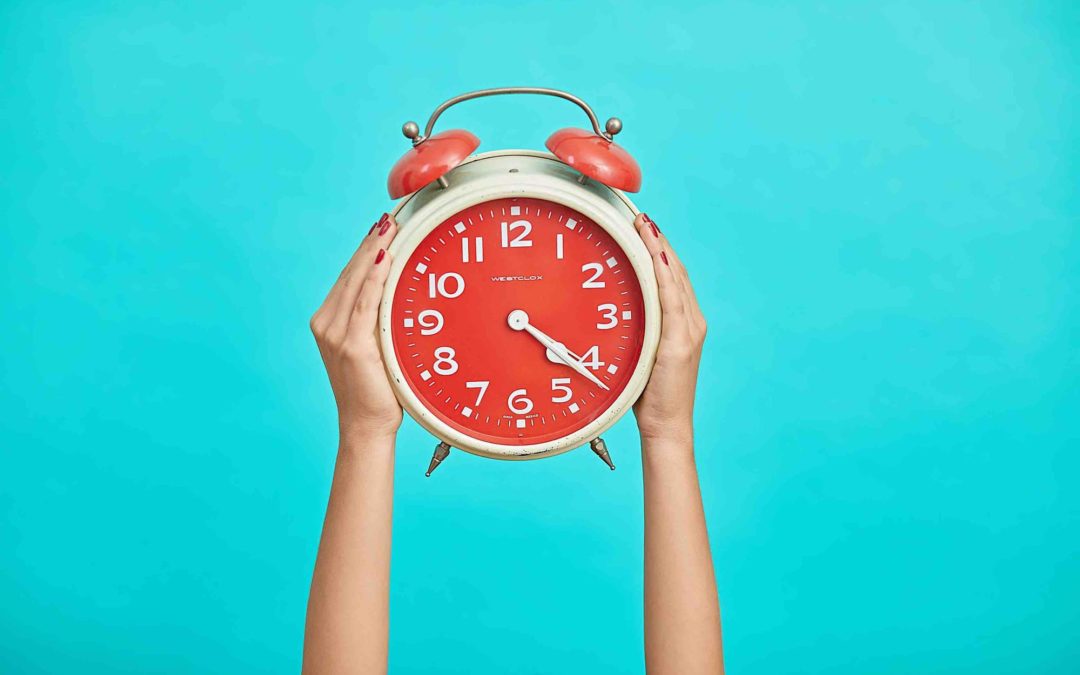So, how long should your podcast episode be?
Great question…
If you’re wondering how long your podcast episode should be, you’re in the right place.
For podcast creators or those contemplating starting their own shows, one crucial factor to consider is the length of their episodes. The optimal podcast length can wield a considerable influence on audience engagement and the overall success of the show. Let us delve into the importance of podcast length and how it can profoundly affect listeners.
Captivating Your Audience’s Attention
In the realm of podcasting, capturing and retaining your audience’s attention holds the key to success. Studies have shown that human attention spans have been decreasing over the years. Hence, it becomes essential to keep podcast episodes concise and engaging to ensure that listeners stay invested.
To achieve this, avoid rambling or straying off-topic for extended periods, as it can lead to disinterest and a subsequent drop-off of listeners. Instead, focus on delivering valuable content while keeping episodes well-structured and organized.
Adapting to Different Listener Preferences
Every podcast listener possesses unique preferences regarding episode length. Some prefer shorter episodes that can be consumed during a quick commute or a break, while others gravitate towards longer episodes that delve deep into specific topics.
By offering a variety of episode lengths, podcast creators can cater to diverse listener preferences, ultimately attracting a wider audience. Incorporating both shorter, bite-sized episodes and longer, more in-depth ones into the podcasting schedule can effectively accommodate various listener needs.
Consistency and Scheduling
Another critical aspect to consider is consistency in podcasting schedules. When episodes are released regularly, the audience begins to expect and anticipate the content, fostering trust and loyalty.
Choosing a consistent episode length further enhances this sense of trust and reliability. By adhering to a specific duration for episodes, podcasters provide their audience with a predictable listening experience. This predictability can help establish a routine for listeners, making it easier for them to incorporate the podcast into their daily lives.
Maximizing Listener Engagement
The length of podcast episodes also plays a vital role in impacting listener engagement. If episodes are excessively long, the audience might become overwhelmed or lose interest before reaching the end. Conversely, if episodes are too short, listeners may feel unsatisfied and left craving for more.
Finding the right balance is crucial. Aim to create episodes that are long enough to offer valuable insights and information, but not so long that they feel drawn out or repetitive. Striking this balance will maintain high listener engagement and keep them coming back for more.
The Content’s Nature and Depth
Lastly, the nature and depth of a podcast’s content should also influence the ideal episode length. Certain topics may demand more time to be comprehensively covered, while others can be adequately discussed in a shorter timeframe.
Podcasters should consider the subject matter of their shows and the level of detail they wish to provide. For instance, an interview-style podcast may necessitate longer episodes to give guests ample time to share their expertise. Conversely, a quick news update or a brief motivational message may be more suitable for shorter episodes.
Conclusion
It’s important to remember that shorter is almost always better, both for you and your listenders. When it comes to podcast length, there is no one-size-fits-all approach. It is essential to consider the target audience, their preferences, and the nature of the content when determining the optimal episode length. By captivating the audience’s attention, adapting to different preferences, maintaining consistency, maximizing engagement, and aligning with the content’s nature, podcast creators can produce episodes that resonate with listeners and contribute to the growth and success of their shows.


Recent Comments